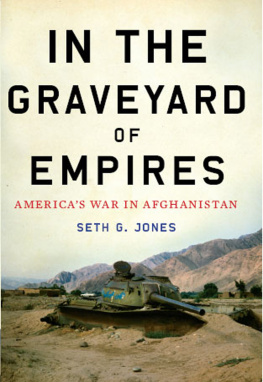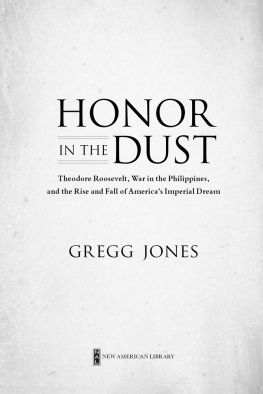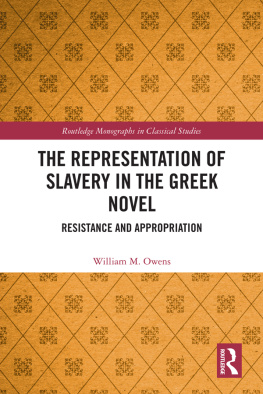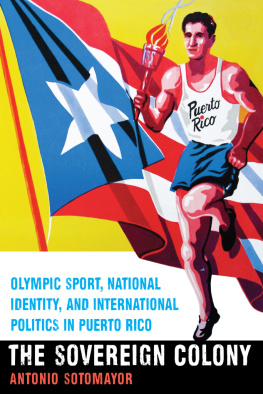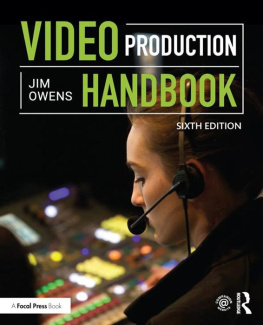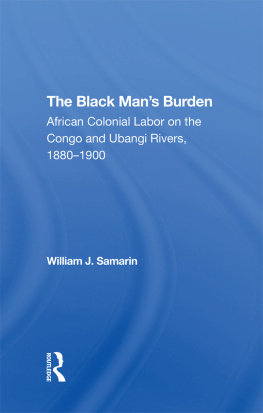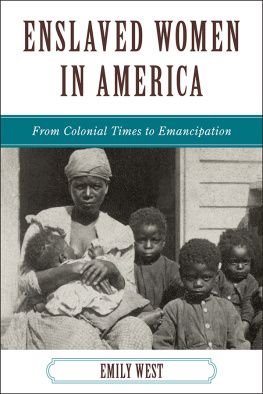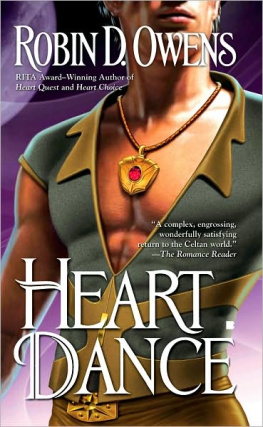A DREADFUL DECEIT
Also by Jacqueline Jones
Soldiers of Light and Love: Northern Teachers and Georgia Blacks, 18651873
Labor of Love, Labor of Sorrow: Black Women, Work, and the Family, from Slavery to the Present
The Dispossessed: Americas Underclasses from the Civil War to the Present
American Work: Four Centuries of Black and White Labor
A Social History of the Laboring Classes from Colonial Times to the Present
Creek Walking: Growing Up in Delaware in the 1950s
Saving Savannah: The City and the Civil War
A DREADFUL
DECEIT

The MYTH of RACE
from the COLONIAL ERA to
OBAMAS AMERICA
JACQUELINE JONES
BASIC BOOKS
A Member of the Perseus Books Group
New York
Copyright 2013 by Jacqueline Jones
Published by Basic Books,
A Member of the Perseus Books Group
All rights reserved. No part of this book may be reproduced in any manner whatsoever without written permission except in the case of brief quotations embodied in critical articles and reviews. For information, address Basic Books, 250 West 57th Street, New York, NY 10107.
Books published by Basic Books are available at special discounts for bulk purchases in the United States by corporations, institutions, and other organizations. For more information, please contact the Special Markets Department at the Perseus Books Group, 2300 Chestnut Street, Suite 200, Philadelphia, PA 19103, or call (800) 810-4145, ext. 5000, or e-mail .
Designed by Trish Wilkinson
Set in 11.5 point Adobe Garamond Pro
Library of Congress Cataloging-in-Publication Data
Jones, Jacqueline, 1948-
A dreadful deceit : the myth of race from the colonial era to Obamas America / Jacqueline Jones.
pages cm
Includes bibliographical references and index.
ISBN 978-0-465-06980-4 (e-book) 1. Race awarenessUnited StatesHistory. 2. RacePhilosophy. 3. African AmericansRace identityHistory. 4. African AmericansBiography. 5. United StatesRace relationsHistory. I. Title.
E185.625.J658 2013
305.800973dc23
2013031130
10 9 8 7 6 5 4 3 2 1
For Amelia
CONTENTS
L ike countless other cultures and countries throughout the world, the United States has its own creation mythits own unique, dramatic story intended to explain where we came from and who we are today. In the case of the United States, this story holds that the nation was conceived in racial differences and that over the last four centuries these self-evident differences have suffused our national character and shaped our national destiny. The American creation story begins with a violent, self-inflicted wound and features subsequent incremental episodes of healing, culminating in a redemption of sorts. It is, ultimately, a triumphant narrative, one that testifies to the innate strength and moral rectitude of the American system, however imperfect its origins.
According to this myth, the first Europeans who laid eyes on Africans were struck foremost by their physical appearancethe color of their skin and the texture of their hairand concluded that these beings constituted a lower order of humans, an inferior race destined for enslavement. During the American Revolution, patriots spoke eloquently of liberty and equality, and though their lofty rhetoric went unfulfilled, they inadvertently challenged basic forms of racial categorization. And so white Northerners, deriving inspiration from the Revolution, emancipated their own slaves and ushered in a society free of the moral stain of race-based bondage. The Civil War destroyed the system of slavery nationwide, but new theories of scientific racism gave rise to new forms of racial oppression in the North and South. Not until the Civil Rights Acts of 1964 and 1965 did the federal government dismantle state-sponsored race-based segregation and thus pave the way for better race relations. Though hardly an unmitigated triumph, the election of Barack Obama as president in 2008 signaled the dawn of a postracial society and offered a measure of the distance the country had traveled since slavery prevailed in British North America.
Yet Americas creation myth is just thata myth, one that itself rests entirely on a spurious concept: for race itself is a fiction, one that has no basis in biology or any long-standing, consistent usage in human culture. As employed in the popular rendition of Americas national origins, the word and its various iterations mask complex historical processes that have little or nothing to do with the physical makeup of the people who controlled or suffered from those processes.
The ubiquity of the term race in modern discourse indicates that early-twenty-first-century Americans adhere to this creation myth with remarkable tenacityin other words, that they believe that race is real and that race matters. In fact, however, like its worldwide counterparts, the American creation myth is the product of collective imagination, not historical fact, and it exists outside the realm of rational thought. Americans who would scoff at the notion that meaningful social or temperamental differences distinguish brown-eyed people from blue-eyed people nevertheless utter the word race with a casual thoughtlessness. Consequently, the word itself helps to sustain not only the creation myth but also all the human misery that the myth has wrought over the centuries. In effect, the word perpetuatesand legitimizesthe notion that some kind of inexorable primal prejudice has driven history and that, to some degree at least, the United States has always been held hostage to racial differences.
Certainly, the bitter legacies of historic injustices endure in concrete, blatant form. Today certain groups of people are impoverished, exploited in the workplace, or incarcerated in large numbers. This is the case not because of their race, however, but rather because at a particular point in US history certain other groups began to invoke the myth of race in a bid for political and economic power. This myth has served as a tool that one group can use to ratchet itself into a position of greater advantage in society, and a justification for the economic inequality and the imbalance in rights and privileges that result.
Perhaps the greatest perversity of the idea of race is how meaningless it truly is. Strikingly malleable in its contours, depending on the exigencies of the moment, race is a catchall term, its insidious reach metastasizing in response to any number of competitionsfor political rights, scarce resources, control over cheap labor, group security. At times, within this constellation of racial ideas, physical appearance receded into nothingnessfor example, when the law defined a persons race according to his or her reputation or when a mothers legal status as a slave decreed that her offspring would remain enslaved, regardless of their own skin color.
Next page

